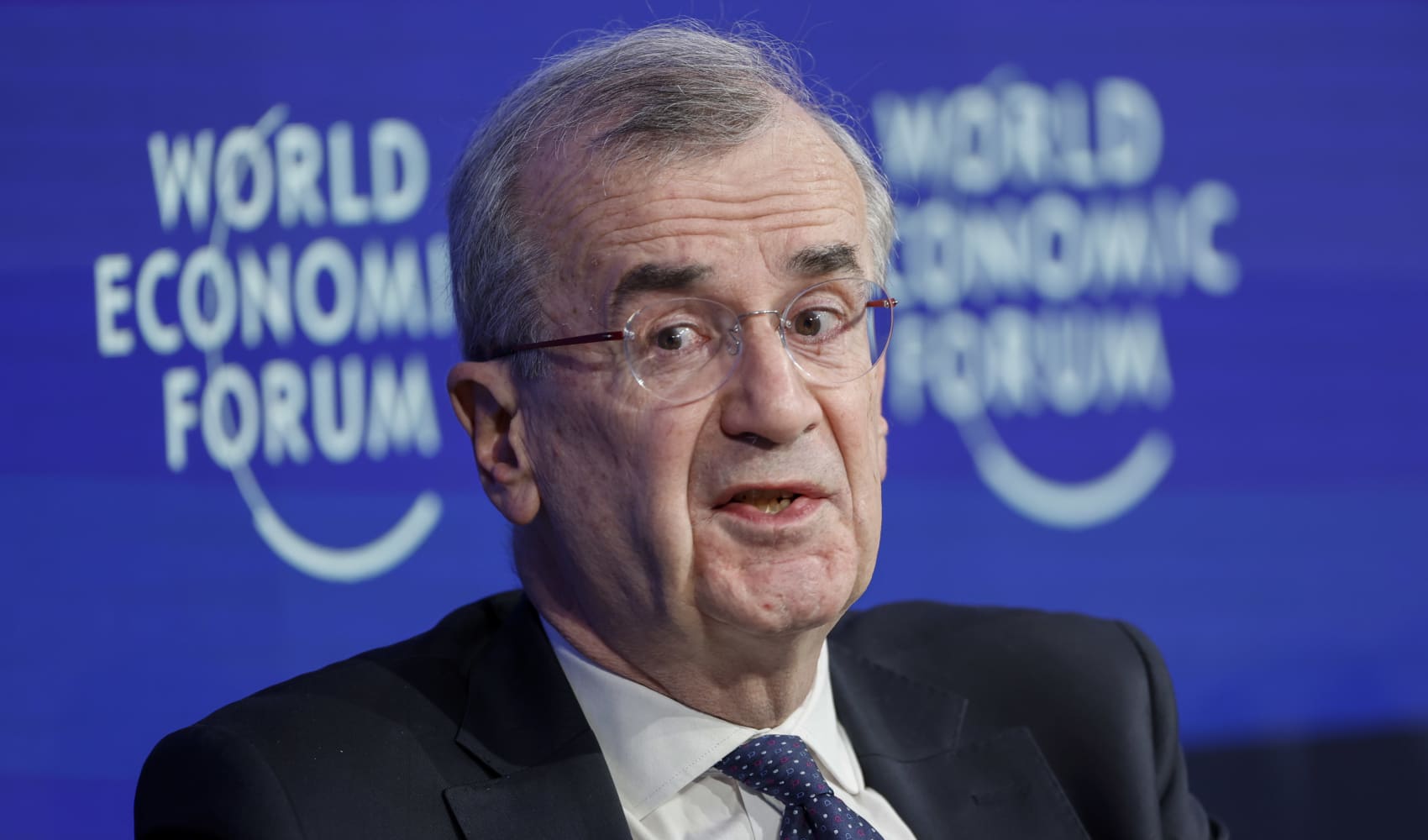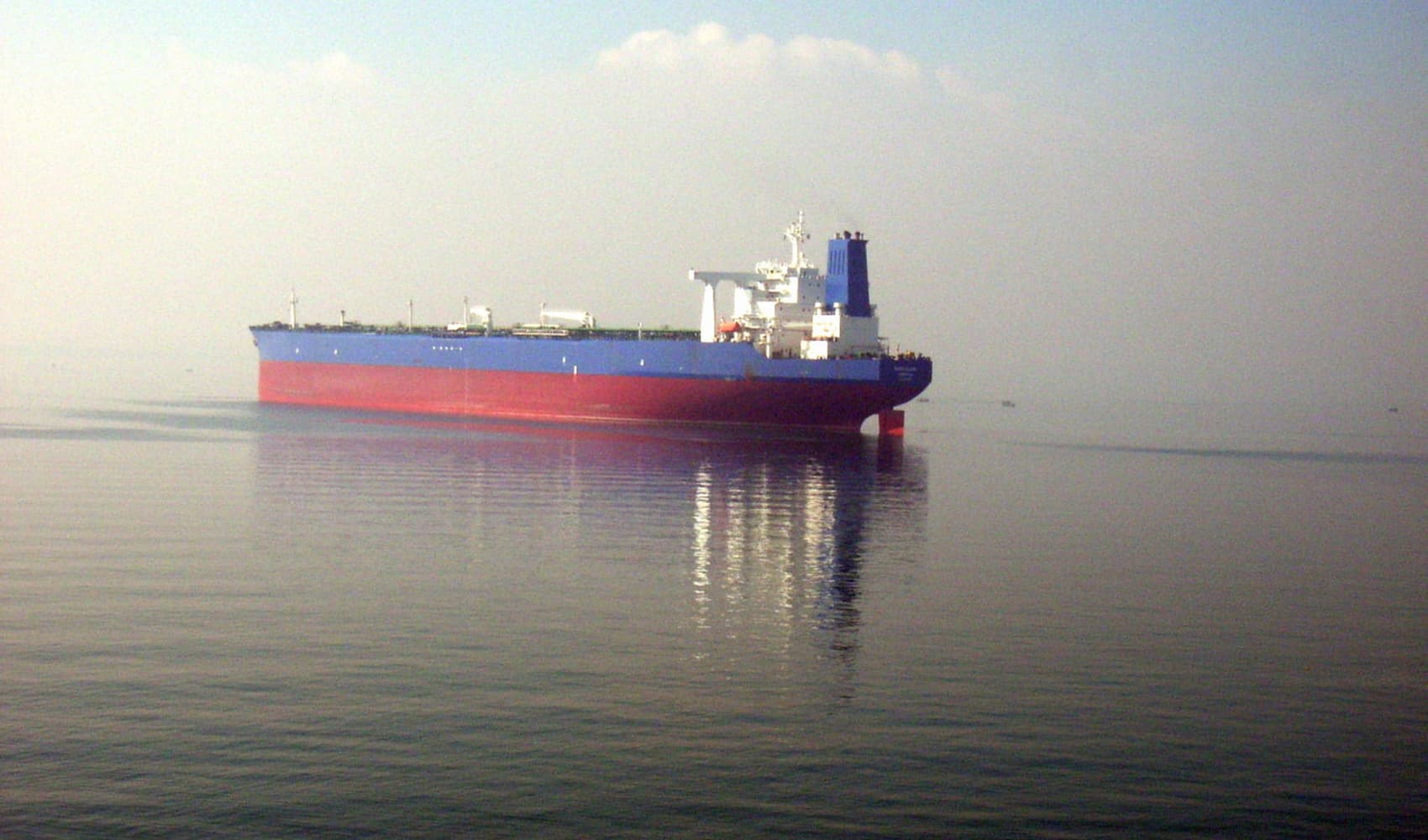
- A candidate must get more than 50% of the vote to win the highly-charged race. If no one passes that threshold, the vote goes to a runoff election two weeks later.
- With more than 99% of votes counted, Erdogan is ahead with 49.46% of the vote while his rival Kemal Kilicdaroglu has 44.79%, according to Turkey's Supreme Election Council (YSK).
Turkey's presidential election could be headed for an unprecedented runoff, as neither 20-year incumbent Recep Tayyip Erdogan nor challenger Kemal Kilicdaroglu had secured an outright win Monday morning.
With a battered economy, tensions over its relationship with Russia and NATO, and fears over a slide toward authoritarianism, the election in the sharply divided country of 85 million people could hardly come at a more pivotal time.
A candidate must get more than 50% of the vote to win the highly-charged race. If no one passes that threshold, the vote goes to a runoff election in two weeks, on May 28.
Get DFW local news, weather forecasts and entertainment stories to your inbox. Sign up for NBC DFW newsletters.
With more than 99% of votes counted as of 8 p.m. ET Sunday, Erdogan is ahead with 49.46% of the vote while Kilicdaroglu, who has pledged to bring change and economic reform,, has 44.79%, according to Turkey's Supreme Election Council (YSK).
Erdogan and his conservative, Islamic-rooted Justice and Development party (AKP) are confident. "We strongly believe that we will continue to serve our nation for the next 5 years," he told throngs of supporters late Sunday night.
Money Report
Meanwhile Kilicdaroglu, who is representing a united front of six different opposition parties all seeking to unseat Erdogan, vowed to win the election in a second round of voting.
"Despite all his slander and insults, Erdogan could not get the result he expected. The election cannot be won on the balcony. Data is still coming in," Kilicdaroglu said late Sunday night.
Economic crisis, geopolitical tensions
The conservative, religious and nationalist Erdogan served as Turkey's prime minister from 2003 to 2014 and president from 2014 onward. He came to prominence as mayor of Istanbul in the 1990s, and was lauded in the first decade of the new millennium for bringing Turkey to prominence as an emerging market economic powerhouse.
But recent years have been far more challenging for the religiously conservative leader, whose own economic policies triggered a cost-of-living crisis that's seen Turks struggle to afford basic goods.
Tensions between Turkey and the West are on the rise, and international and domestic voices alike criticize Erdogan's government for implementing increasingly autocratic policies like heavy crackdowns on protesters, forced closures of independent media outlets and dramatic expansions of presidential power.
"It's a moment of high anxiety," one political analyst told CNBC, as many in the country worry about the potential for violence or instability if the election results are disputed by the losing candidate or their supporters.
This is a developing story and will be updated shortly.






